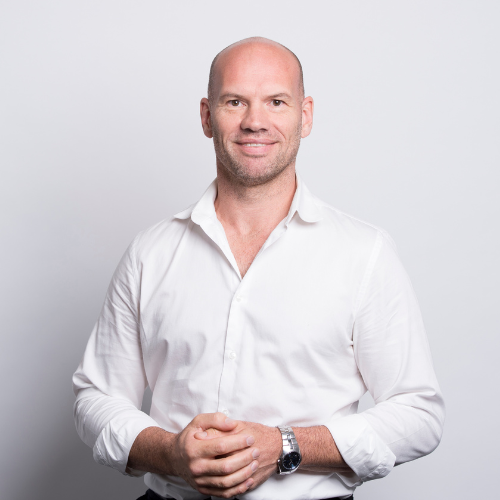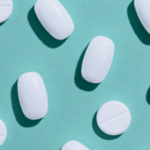From podcaster protocols to TikTok tips, vitamin D has become a focus for some men chasing better energy, stronger immunity and even boosted testosterone. It’s also blamed when things feel off — low mood, poor sleep, muscle aches — but is vitamin D deficiency really the culprit? And do you actually need a supplement? In a country where the sun is strong but skin cancer is a real risk, we break down what vitamin D does for men’s health, when to worry, and what the science actually says.
What is vitamin D?
Vitamin D is one of 13 vitamins, together with vitamins A, C, E, K and the B vitamins (B1, B2, B3, B5, B12, folate, biotin and pantothenic acid) that are needed for normal growth, development and body function. A, B, C, E and K vitamins are only available from the food that we eat, and Vitamin D is the only vitamin that can be made by our bodies.
How do you get vitamin D?
Most of our vitamin D is made in our skin in response to sunlight. Ultraviolet radiation (UVB) in sunlight converts a substance in the skin to a precursor form of vitamin D that gets transformed, using heat from the body, into vitamin D.
We can also get vitamin D from our diet. Fatty fish (e.g. mackerel, salmon, trout, tuna), beef liver, egg yolks, cheese and some mushrooms contain vitamin D in forms that can be absorbed in the small intestine. Vitamin D supplements are also available.
Vitamin D made in the skin or absorbed in the gut enters the blood for transport around the body, but it is not active until it has gone through two conversion steps. The first of these steps occurs in the liver and the second happens mainly in the kidneys. Vitamin D dissolves in fat, so it can be stored in body fat.
What is vitamin D needed for?
Vitamin D promotes the absorption of calcium from the gut and ensures there is enough calcium and phosphorous in the blood, which are needed for bone health and muscle function.
Children who don’t have enough vitamin D can develop rickets, which results in soft and deformed bones. Adults and adolescents with vitamin D deficiency can develop osteomalacia, which causes bones to become weak and possibly deformed. Children, adolescents and adults with low vitamin D levels can also have bone pain, seizures, strong and prolonged muscle contractions, and dental problems.
Many cells and tissues in the human body are affected by vitamin D (e.g. nerves and other cells in the brain, immune cells, insulin-producing cells in the pancreas). There are lots of studies showing that different diseases are associated with low vitamin D levels (including cancer, cardiovascular disease, depression and type 2 diabetes), and lots showing no relationship. On balance, there is no good evidence that vitamin D is related to any health outcomes other than bone health, and unless your vitamin D levels are low there’s no benefit to taking extra vitamin D.
Vitamin D and testosterone
Vitamin D is important for function of the male reproductive system, including the testes and prostate. Therefore, vitamin D probably has roles in testosterone production, fertility, benign prostatic hyperplasia and prostate cancer, but these roles are not supported by strong evidence. Vitamin D supplements are ineffective in preventing or treating these health conditions in most men. Even though vitamin D has critically important roles in musculoskeletal function, there is no evidence of improvements in physical performance and body composition from vitamin D supplements for amateur or professional athletes. Vitamin D supplements are needed only by people who have vitamin D deficiency.
How much vitamin D do I need?
A vitamin D level of at least 50 nmol/l (measured from a blood sample) is needed for the best bone health. Values below 12.5 nmol/l create a high risk for rickets or osteomalacia. Vitamin D levels above 250nmol/l can cause toxicity.
Generally, a vitamin D level of 50-60 nmol/l is best. Having a level of 60-70 nmol/l at the end of summer can be good to protect against a drop below 50 nmol/l during winter.
Most Australians can get enough vitamin D from exposure to the sun but it depends on a few things:















